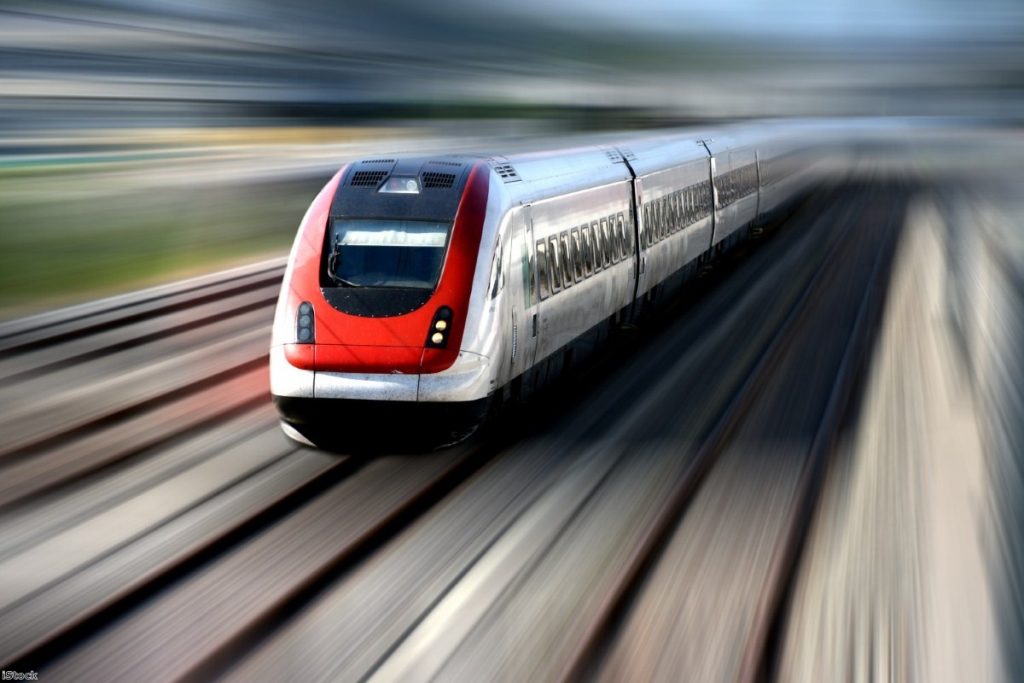By Natalie Bennett
The reason why people who've never caught a train in their life should be worried about the latest swingeing rail fare rise of 3.4% were illustrated this morning by a commuter at Sheffield station.
Arriving for work from Huddersfield, he took time to stop and chat with the Sheffield Green Party leafletters, explaining that he was still choosing to travel by train, but only just.
The latest rise had made him calculate the costs, and it would be significantly cheaper for him to drive.
He didn't want to do that, but much more would make the train financially impossible.
He buys a monthly ticket, and was particularly aggrieved that because he didn't travel every day – and like anyone occasionally went on holidays – he felt like his money was being swallowed for no benefit. Where were the flexible tickets that have been talked about for years? he rightly asked.
Some of the people we didn't meet this morning in Sheffield had already made the switch to roads, choking up as usual this morning on back-to-work day.
That forced choice means even more cars on our crowded roads, more deadly air pollution, more congestion, delays and costs for businesses whose workers have no option but car travel, more costs for the NHS from the unhealthy lifestyle encouraged by car use.
Everyone suffers as more and more travellers are priced off the rails, which is exactly what government policies have been doing.
The so-called "war on the motorist" has been nothing of the kind – in fact it has been a lovefest. Over the past two decades the cost of travel by car has gone down by 16%, while the cost of trains is up 23% and buses and coaches 33%.
Since 2010, the cost of train travel has gone up twice as fast as wages. And of course it doesn’t stand alone. Households have also faced, since the Brexit vote, fast-rising food costs, those in private rental accommodation are struggling with the high cost of that – so many are struggling to keep their heads above water, and forced to resort to credit, which is now nearing the pre-crash levels of 2006.
So train fare rises are also a threat to the stability of our economy – its fragile growth based on consumer debt levels. What could possibly go wrong?
This, while the privatised train operating companies (ironically some of them foreign governments) have been scooping in profits.
Adding insult to injury this morning, as many travellers noted, was the case of the East Coast Mainline franchise which has been bailed out by the government.
One of the arguments when privatisation was being trumpeted as a policy was that it would shift risk from the public to private sector. But we've seen again and again the risk finally falls on the government.
That's why the Green Party has long been calling for the trains to be brought back into public hands, and we were this morning promoting a petition calling for just that. This is something that could be done at no cost to the public purses – contracts taken back into public hands when they lapse or are handed back.
That's not a panacea. We also need more government subsidies for rail – to help clean up our air, tackle congestion, improve health and financial stability – but those subsidies must go to providing a public service to benefit all, not into the pockets of the profiteers.
Natalie Bennett is the former leader of the Green Party and candidate for Sheffield Central.
The opinions in politics.co.uk's Comment and Analysis section are those of the author and are no reflection of the views of the website or its owners.





-01.png)